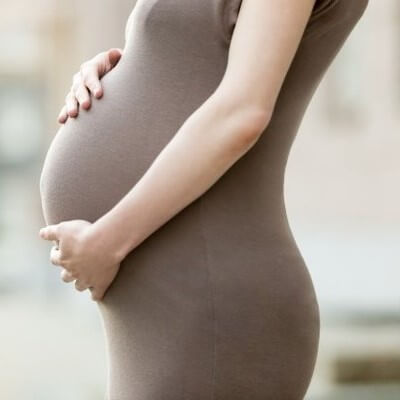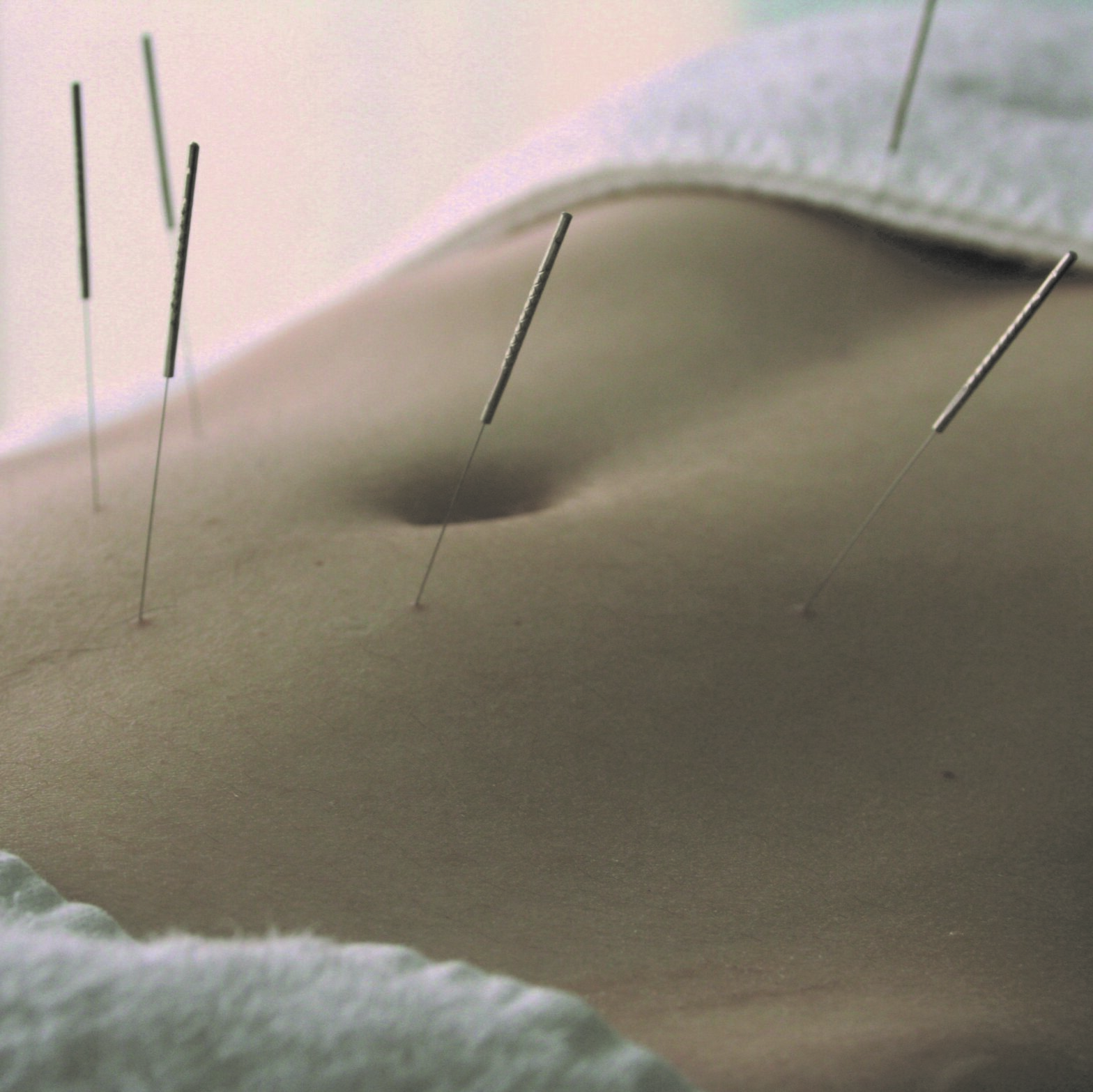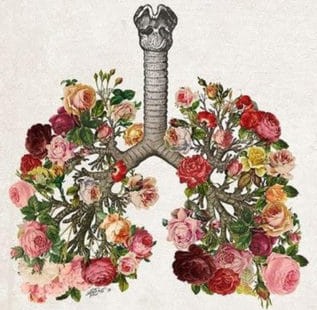The joy of pregnancy can be easily tarnished with the reality of swollen legs, back pain, nausea and anxiety. Chinese Medicine has well established protocols for addressing all of these distressing symptoms. And let’s face it, maintaining a pregnancy and going through labour is extremely taxing on the female body; pregnant women need all the help they can get!
There are two particular things (amongst many others) that a Chinese Medicine Doctor can contribute to a women’s pregnancy. The first is tending to the musculo-skeletal system. A CM doctor will pay close attention to a woman’s lower back, hips and pelvis, relieving tension and ensuring there is ample circulation of Qi and Blood. This is particularly important in the last trimester, to ensure good birth preparation.
The second significant thing is to use Chinese herbal medicine. This is particularly helpful for nausea and vomiting but it will also be used to ensure there is an adequate reserve of nourishment for mother and baby. And please be assured: our herbal formulas are absolutely safe and manufactured under strict guidelines; what’s good for the mother is good for the baby!
Chinese Medicine always takes an individualised approach to treatment. It has an elaborate system of diagnostic analysis that adapts to the specific symptoms and body signs that any one person presents. The full range of Chinese Medicine skills including acupuncture, acupressure and Chinese herbal medicine offer a reliable and reputable treatment option for the management of pregnancy.
The Shen Adelaide team of Chinese Medicine doctors has decades of experience in assisting with all aspects of pregnancy and birth preparation.
~ ~ ~ ~ ~
Labour Pain: Level Two – Evidence of Potential Positive Effect
Pregnancy & Back or Pelvic Pain: Level Two – Evidence of Potential Positive Effect
Conditions with Level Two evidence have good support of efficacy, but require further research.
Assisted Conception: Level Three – Weak or Unclear Evidence of Efficacy
Induction of Labour: Level Three – Weak or Unclear Evidence of Efficacy
Post-Natal Depression: Level Three – Weak or Unclear Evidence of Efficacy
Level Three evidence is applied to conditions that have not yet shown clear, consistent results. Keep in mind that any single study demonstrating a positive effect is insufficient; it is only after a series of consistent studies that science will draw a positive conclusion. And please also keep in mind that ‘lack of evidence of efficacy’ is not the same thing as ‘evidence of lack of efficacy’!
~ ~ ~ ~ ~
References
Bazzan AJ, Zabrecky G, Monti DA, Newberg AB. Current evidence regarding the management of mood and anxiety disorders using complementary and alternative medicine. Expert Review of Neurotherapeutics. 2014 Apr;14(4):411-23.
Chan YY, Lo WY, Yang SN, Chen YH, Lin JG. The benefit of combined acupuncture and antidepressant medication for depression: A systematic review and meta-analysis. Journal of Affective Disorders. 2015 May 1;176:106-17.
Chang SC, Hsu CH, Hsu CK, Yang SS, Chang SJ. The efficacy of acupuncture in managing patients with chronic prostatitis/chronic pelvic pain syndrome: A systemic review and meta-analysis. Neurourology and Urodynamics. 2016 Jan 6.
Close C, Sinclair M, Liddle SD, Madden E, McCullough JE, Hughes C. A systematic review investigating the effectiveness of Complementary and Alternative Medicine (CAM) for the management of low back and/or pelvic pain (LBPP) in pregnancy. Journal of Advanced Nursing. 2014 Aug;70(8):1702-16.
Engel CC, Cordova EH, Benedek DM, Liu X, Gore KL, Goertz C, et al. Randomized effectiveness trial of a brief course of acupuncture for posttraumatic stress disorder. Medical Care. 2014 Dec;52(12 Suppl 5):S57-64.
Lee JH, Choi TY, Lee MS, Lee H, Shin BC, Lee H. Acupuncture for acute low back pain: a systematic review. The Clinical Journal of Pain. 2013 Feb;29(2):172-85.
Levett KM, Smith CA, Dahlen HG, Bensoussan A. Acupuncture and acupressure for pain management in labour and birth: a critical narrative review of current systematic review evidence. Complementary Therapies in Medicine. 2014 Jun;22(3):523-40.
Liddle SD, Pennick V. Interventions for preventing and treating low-back and pelvic pain during pregnancy. The Cochrane Database of Systematic Reviews. 2015(9):Cd001139.
Qin Z, Wu J, Zhou J, Liu Z. Systematic Review of Acupuncture for Chronic Prostatitis/Chronic Pelvic Pain Syndrome. Medicine. 2016 Mar;95(11):e3095.
Mollart LJ, Adam J, Foureur M. Impact of acupressure on onset of labour and labour duration: A systematic review. Women and Birth: Journal of the Australian College of Midwives. 2015 Sep;28(3):199- 206.
Selva Olid A, Martinez Zapata MJ, Sola I, Stojanovic Z, Uriona Tuma SM, Bonfill Cosp X. Efficacy and Safety of Needle Acupuncture for Treating Gynecologic and Obstetric Disorders: An Overview. Medical Acupuncture. 2013 Dec 1;25(6):386-97.
Shen C, Wu M, Shu D, Zhao X, Gao Y. The role of acupuncture in in vitro fertilization: a systematic review and meta-analysis. Gynecologic and Obstetric Investigation. 2015;79(1):1-12.
Smith CA, Crowther CA, Grant SJ. Acupuncture for induction of labour. The Cochrane Database of Systematic Reviews. 2013(8):Cd002962.










